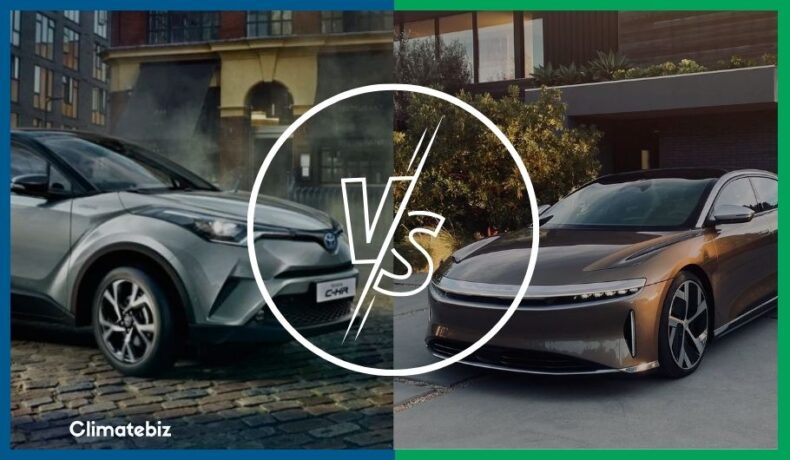Electric cars vs. hybrid cars — which one should you choose? It’s a tricky question that prospective vehicle owners have to navigate.
Thanks to government grants, hybrid, and electric cars are becoming increasingly popular and easier to buy. That being said, not everyone is ready to switch to these advanced EVs just yet.
So how do manufacturers ease this transition? By introducing modern plug hybrids that offer the best of both worlds.
There’s no doubt that each of these vehicle variants comes with its pros and cons. After all, what doesn’t? But which one “speaks to you” the most? And above all, which type suits your needs?
Let’s take a look!
Table of Contents
Electric Vs. Hybrid Cars
Electric and hybrid cars have been around for a very long time — since the late 1800s, to be precise.
However, within the last two decades, both powertrain variants have become more popular and accessible.
So to kick off this electric vs. hybrid comparison, let’s take a look at each variant’s history and get to grips with why they’re so popular.
What Are Electric Cars?
An electric car is a vehicle that runs on electricity, not gas. The energy is stored in batteries and is sent to an electric motor that powers the wheels.
These vehicles can be front-wheel, rear-wheel, or all-wheel drive, depending on the number of electric motors present and their location. Most electric cars tend to have only one or two motors, although some of the fastest electric cars, such as the Tesla Model S Plaid, have three electric motors.
In short, the more motors present, the better the performance figures and the higher the price.
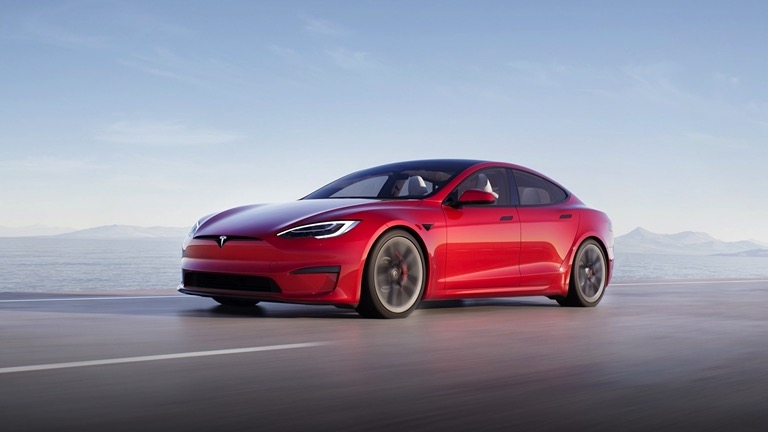
The electric car concept is a very old one. The first-ever electric car was made in 1881 by Gustave Trouve. Electric vehicles became very popular up until the 1920s, when gas became cheaper and more accessible.
There are a lot of conspiracy theories surrounding the length of time it took EVs to make a comeback. One of the more notable ones involves the controversial GM EV1 in the 1990s. Some people argue that the discontinuation of this car results from GM’s self-sabotage.
All EV1 models were sold on a lease basis. At the end of the lease, they were crushed, while the remainder were deactivated and sent to museums and universities. Only a handful of working EV1s still exists today.
Some believe GM sabotaged the EV1 in favor of oil companies and spare part sales. There’s a fascinating documentary about all of this called “Who Killed the Electric Car?”
What Are Hybrid Cars?
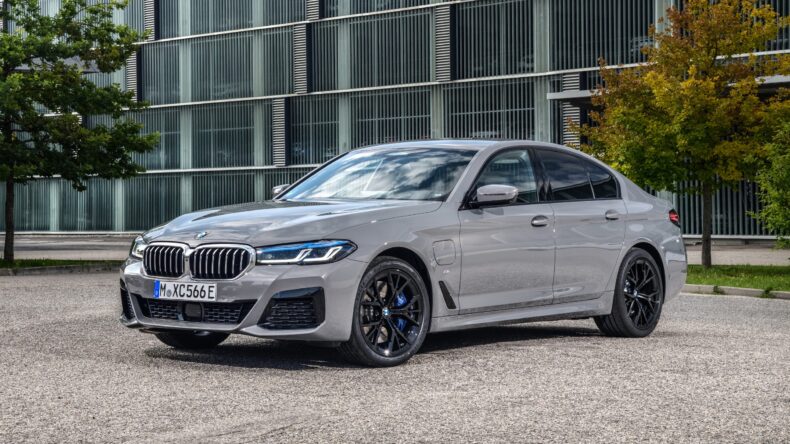
A hybrid car is powered by an internal combustion engine (gas) and an electric motor. (There are many types of hybrids which we will discuss later on)
The hybrid aims to establish the best of both worlds; the electric motor provides extra power and boosts the economy, while the gas-powered engine charges the batteries and drives the car at higher speeds.
The hybrid system works very well for many; there is no “range anxiety” associated with electric cars since the gas-powered engine is always there.
How Do Electric Cars Work?
Electric cars are pretty simple compared to hybrids.
An electric car has a few key components that allow it to function. Some examples include the battery, the onboard charger, and the motor.
Energy is stored in an EV’s batteries and transformed into power via the car’s electric motor. The motor then drives the wheels of the vehicle.
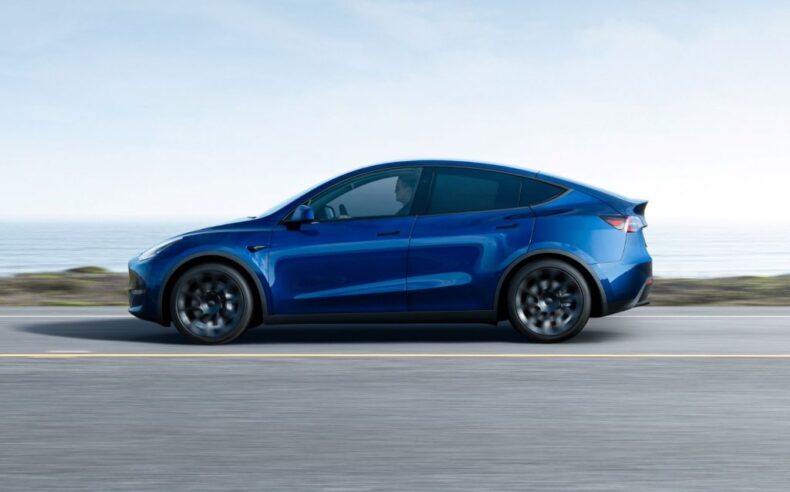
An electric car must be charged, much like anything else that has rechargeable batteries.
Charging is a far easier and quicker process than it once was ten years ago. Charging is done at a charging station.
However, charging an electric car is nowhere near as fast as filling up a gas car with a gas tank. Or is it?
This is where hydrogen fuel-celled cars come into play (filling up a car with hydrogen).
Hydrogen is stored in a tank (like with a gas-powered vehicle). Then, the hydrogen is fed into a fuel cell that transforms the chemical energy in the hydrogen into electrical energy that powers the motor.
A fuel cell hydrogen-electric car is extremely rare; only a handful exist, and they’re costly. Furthermore, there aren’t that many hydrogen stations.
How Do Hybrid Cars Work?
As previously mentioned, hybrid cars are more complex vs. electric cars.
There are four types of hybrid cars available, each slightly different.
Series Hybrid
A series hybrid uses an electric motor to move the car off from a standstill. The gas engine will intervene at faster speeds or when battery capacity is low.
In some series hybrid cars, the gas engine acts as a generator, charging the electric batteries; this is known as a range-extender, and it’s incredibly rare. In fact, the last car to be fitted with this system was the recently discontinued BMW I3.
Parallel Hybrid
In this instance, an electric motor and a gas-powered engine work together simultaneously. The electric motor provides power in areas where the gas-powered engine can’t. A prime example of this involves turbo-lag scenarios.
The gas engine powers the car instead of providing power for the batteries.
This hybrid setup is featured in some modern performance cars, such as the Porsche 918 e-Hybrid.
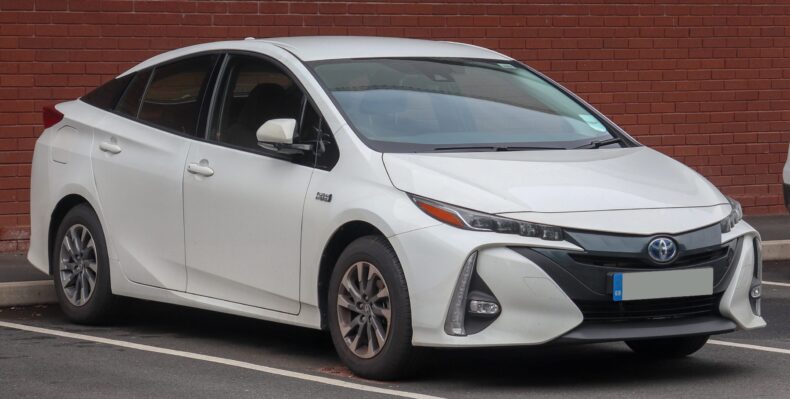
Series Parallel Hybrid
A series-parallel hybrid is a combination of the two. You can drive a series-parallel hybrid car on gas alone, electricity alone, or a combination of the two.
In most driving situations, the gas engine or a combination of the two power the car. The electric motor also helps during overtaking maneuvers, providing the vehicle with an extra power boost.
Plug-In Hybrid
A plug-in hybrid car has rechargeable batteries on board and a gas engine. In this instance, you have to charge the batteries like any standard electric car to access the hybrid functionality.
The biggest issue with plug-in hybrids is charging. You’re not obliged to charge a plug-in hybrid because you can rely on the gas motor if the batteries are low. Therefore, the battery and the electric motor become dead weight if uncharged; this reduces the overall economy of the car.
Electric Vs. Hybrid Cars: Which Has Better Performance?
In terms of overall performance figures, electric cars have better performance.
This is because the motor revs so high that they do not need to change gears (unlike hybrid cars).
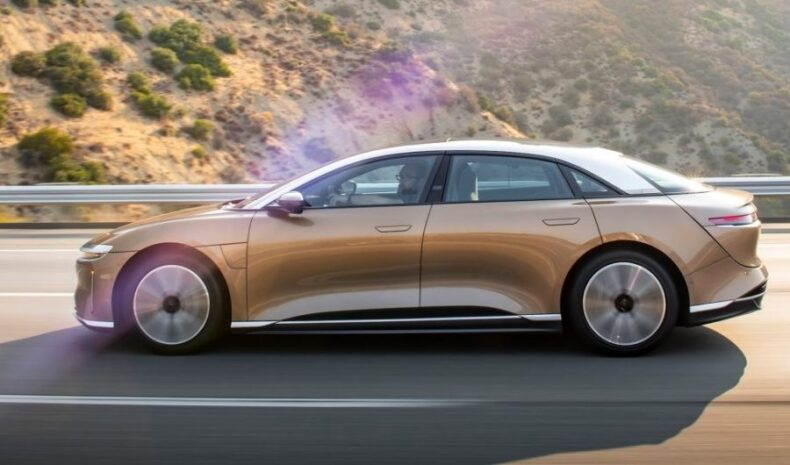
Hybrid cars can be super speedy. Just look at the Ferrari SF90 Plug-In hybrid, which does 0-60 in just 2.4 seconds. However, cheaper electric cars like the Porsche Taycan Turbo S can also hit a 0-60 time in 2.4 seconds.
Electric Vs. Hybrid Cars: Which Is Cheaper?
Hybrid cars are far cheaper vs. electric cars because the technology used in electric cars is still quite expensive to produce. The most affordable hybrid cars tend to have a 48V battery on board and a small electric motor.
Electric Vs. Hybrid Cars: Which Is Best For Long Trips?
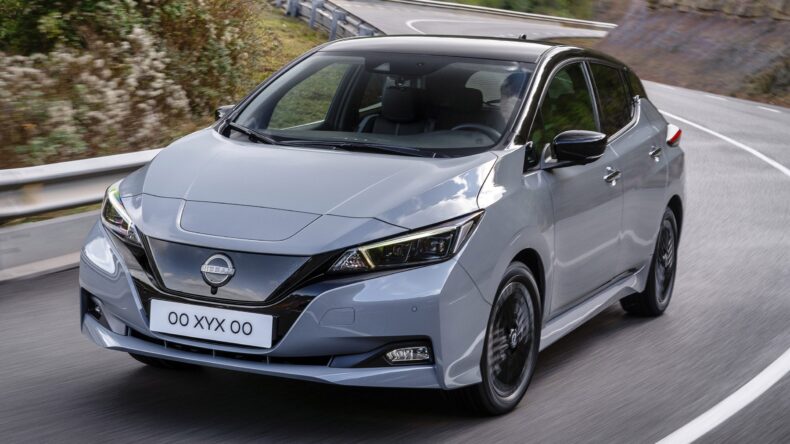
Overall, hybrid cars are better for long trips compared to electric vehicles. The range of electric cars may be higher than a decade ago, but a hybrid car can still outperform them.
Furthermore, there are more gas stations than electric vehicle charging points, making hybrid cars much more convenient. Additionally, a hybrid vehicle takes only a couple of minutes to fill up with gas, while most electric cars need to charge for a minimum of half an hour.
Some electric cars offer a high range and charge very quickly. However, they are usually a lot more expensive than their hybrid counterparts.
Final Thoughts
That’s it for our electric vs. hybrid car comparison!
Whatever your choice, right now, there has never been a better time to purchase either one. Government grants are very high, and gas prices are going through the roof.
For most people who only drive a few hundred miles a week, an electric car is an ideal choice since gas prices are rising, and the range on most electric cars is high enough to support short to medium-distance driving without fuss.
For those who drive more, a hybrid car is a great choice; it offers the best of both worlds while eliminating the negatives associated with purely electric vehicles, such as range anxiety.
A hydrogen-electric car is a very sensible concept that takes the convenience of a gas-powered car and combines it with the environmental factor of electric vehicles. Though hybrid cars are incredibly pricey, finding a hydrogen station in most areas is like finding a needle in a haystack.

